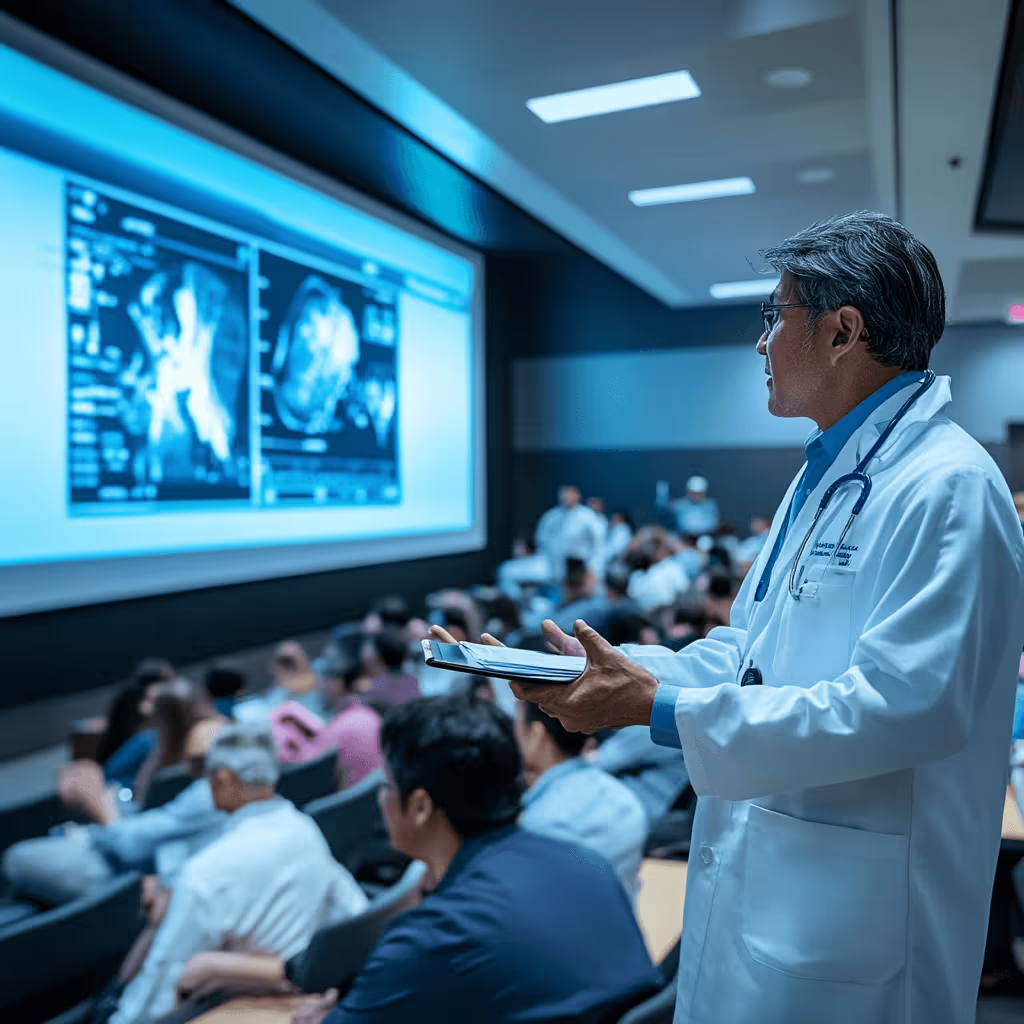February 13, 2025

Medicine is evolving rapidly, with new treatments, technologies, and research emerging constantly. For doctors, continuous education is not just a professional obligation, it is a necessity. Ongoing learning ensures they stay updated on advancements, improve patient outcomes, and adapt to new medical tools and procedures.
Artificial intelligence, telemedicine, and robotic-assisted surgery are transforming healthcare. To integrate these advancements into daily practice, doctors must engage in lifelong learning through workshops, certifications, and digital training programs. Hospitals and medical institutions increasingly emphasize upskilling to keep pace with innovation and improve clinical efficiency.
Despite its importance, lifelong learning presents challenges such as time constraints, financial costs, and information overload. Many healthcare professionals struggle to balance ongoing education with demanding clinical responsibilities. However, flexible online courses, microlearning platforms, and AI-driven personalized education are making continuous training more accessible.
Medical professionals can stay ahead by engaging in regular peer discussions, attending global conferences, and leveraging e-learning platforms. Institutions play a crucial role by providing structured continuing medical education (CME) programs and incentivizing professional development. Collaborative learning models also foster knowledge-sharing and encourage skill enhancement across specialties.
With AI-powered learning tools, virtual reality simulations, and real-time data-driven insights, the future of medical education is dynamic and personalized. As the healthcare landscape continues to shift, lifelong learning will remain the foundation for medical excellence and innovation.
Join our weekly digest and be the first one to know about new articles.